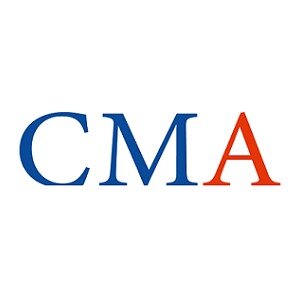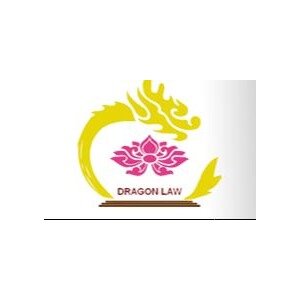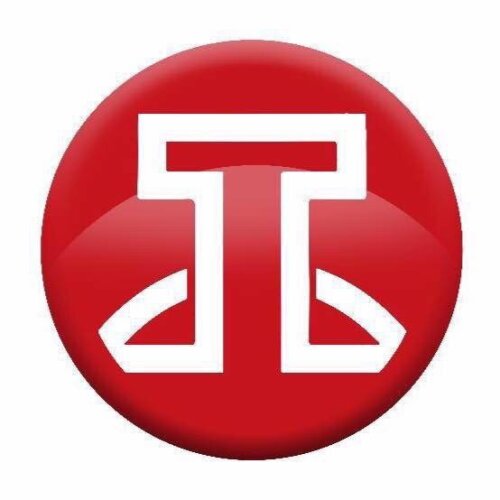Best Child Abuse Lawyers in Haiphong
Share your needs with us, get contacted by law firms.
Free. Takes 2 min.
Free Guide to Hiring a Family Lawyer
List of the best lawyers in Haiphong, Vietnam
About Child Abuse Law in Haiphong, Vietnam
Child abuse is a critical issue in Haiphong, Vietnam, as it is globally. It encompasses physical, emotional, and sexual abuse, as well as neglect. The city of Haiphong, along with broader Vietnamese society, has been making efforts to recognize, prevent, and address cases of child abuse. To adequately protect children, a combination of national laws, local regulations, and international agreements guide child protection efforts.
Why You May Need a Lawyer
Legal assistance is often crucial in cases of child abuse due to the complexity and sensitivity of the situation. You may need a lawyer if you are dealing with situations such as allegations or accusations of child abuse, seeking custody or child protection, needing protection orders against abusers, or if you wish to report and pursue a legal case against an alleged abuser. Lawyers can help navigate the legal system and ensure that the rights and interests of the child are upheld.
Local Laws Overview
In Haiphong, the laws governing child protection are in line with those of the broader Vietnamese legal framework. Key aspects include the Law on Child Protection, Care and Education of Children, which mandates the government, family, and society to protect children's rights and interests. The Criminal Code addresses a wide range of offenses against children, including abuse and exploitation, and prescribes severe penalties for violators. Local government initiatives often focus on awareness, education, and collaborative community efforts to prevent child abuse.
Frequently Asked Questions
What constitutes child abuse under Vietnamese law?
Child abuse in Vietnamese law includes physical, emotional, sexual abuse, and neglect. It involves any behavior that harms a child’s welfare, development, and dignity.
How can I report child abuse in Haiphong?
You can report child abuse to local police authorities, the Department of Labour, Invalids and Social Affairs, or child protection hotlines available in Vietnam.
What are the penalties for child abuse in Vietnam?
Penalties vary based on the severity of the abuse and can range from fines to imprisonment. The Criminal Code includes strict penalties for perpetrators to deter abuse.
Can legal action be taken retroactively for past child abuse cases?
Yes, it is possible to pursue legal action for past abuse cases, but it is best to consult with a lawyer to understand the statute of limitations and evidence requirements.
How can lawyers assist in child abuse cases?
Lawyers can provide legal representation, help gather evidence, navigate court procedures, protect the child’s rights, and work to secure protective measures.
Are there any victim support services available in Haiphong?
Yes, there are NGOs and government programs that provide counseling, legal support, and shelter to victims and families dealing with child abuse.
What should I do if I am falsely accused of child abuse?
Seek immediate legal assistance to understand your rights, collect evidence proving the falsity of the accusations, and protect your reputation and legal standing.
How does the legal process work for a child abuse case?
It typically involves reporting the abuse, investigation by authorities, possible protective measures for the child, legal representation, and court proceedings to determine the outcome.
Can I get legal aid for child abuse cases in Haiphong?
Legal aid may be available through government programs or non-profit organizations for those who cannot afford private legal services.
What role do cultural factors play in child abuse cases?
Cultural factors can influence perceptions of discipline, reporting behavior, and societal responses to abuse. Understanding these factors is crucial in handling cases effectively and sensitively.
Additional Resources
There are several resources available to individuals seeking assistance with child abuse issues in Haiphong:
- The Department of Labour, Invalids, and Social Affairs offers support and guidance.
- Local NGOs often provide victim support services, including counseling and shelter.
- Child protection hotlines offer immediate assistance and advice.
- Legal aid organizations can provide guidance and representation for those in need of financial assistance.
Next Steps
If you require legal assistance in a child abuse case, it is important to act quickly. Here are some steps to consider:
- Contact a qualified lawyer specializing in child abuse cases to understand your rights and options.
- Gather any evidence relevant to the case, including medical records, witness statements, and other documentation.
- Report the abuse to local authorities if it has not been done already.
- Engage with local support organizations to receive assistance and counseling.
Taking these steps can help ensure that appropriate actions are taken to protect the child and address the situation legally and effectively.
Lawzana helps you find the best lawyers and law firms in Haiphong through a curated and pre-screened list of qualified legal professionals. Our platform offers rankings and detailed profiles of attorneys and law firms, allowing you to compare based on practice areas, including Child Abuse, experience, and client feedback.
Each profile includes a description of the firm's areas of practice, client reviews, team members and partners, year of establishment, spoken languages, office locations, contact information, social media presence, and any published articles or resources. Most firms on our platform speak English and are experienced in both local and international legal matters.
Get a quote from top-rated law firms in Haiphong, Vietnam — quickly, securely, and without unnecessary hassle.
Disclaimer:
The information provided on this page is for general informational purposes only and does not constitute legal advice. While we strive to ensure the accuracy and relevance of the content, legal information may change over time, and interpretations of the law can vary. You should always consult with a qualified legal professional for advice specific to your situation.
We disclaim all liability for actions taken or not taken based on the content of this page. If you believe any information is incorrect or outdated, please contact us, and we will review and update it where appropriate.










